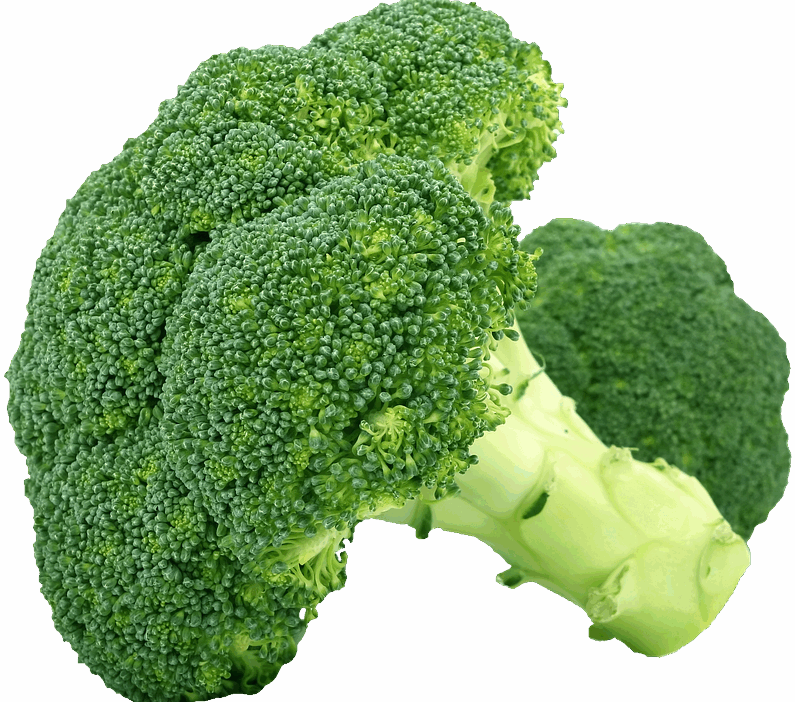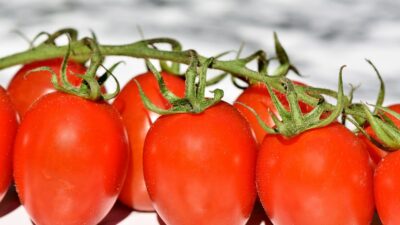In recent years, the conversation surrounding food production has evolved dramatically. With increasing awareness of health, nutrition, and environmental sustainability, consumers are often faced with a crucial choice: organic or conventional produce. Understanding the differences—and the implications of each—can help you make informed decisions about what goes on your plate.
Understanding the Basics
Organic Farming
Organic farming is a method that emphasizes the use of natural processes and materials. The USDA defines organic agriculture as a system that promotes and enhances biodiversity, biological cycles, and soil activity. Key features of organic farming include:
- No Synthetic Chemicals: Organic crops are grown without synthetic pesticides, herbicides, or fertilizers. Instead, organic farmers rely on natural alternatives, such as compost, manure, and beneficial insects.
- Non-GMO: Organic produce is free from genetically modified organisms (GMOs), which have been altered through genetic engineering.
- Soil Health: Organic farming practices focus on maintaining healthy soil, using crop rotation, cover crops, and reduced tillage.
- Animal Welfare: Organic livestock are raised without antibiotics or growth hormones and are usually provided with access to outdoor spaces.
Conventional Farming
Conventional farming, the dominant agricultural system in many parts of the world, relies on modern agricultural techniques to maximize yields. Key characteristics include:
- Synthetic Inputs: Conventional farming often employs chemical fertilizers, pesticides, and herbicides to boost crop production and control pests.
- GMOs: Many conventional crops are genetically modified for trait improvement, such as pest resistance or increased yield.
- High Efficiency: Conventional methods often lead to higher yields per acre, allowing for more food to be produced to meet global demand.
- Industrial Practices: Large-scale farming operations that use machinery and technology to streamline production processes.
Nutritional Differences
The debate over whether organic produce is nutritionally superior to conventional has been ongoing. Some studies show that organic foods may have slightly higher levels of certain nutrients, such as vitamin C and antioxidants. However, the differences in nutrient content are often minimal and may not significantly impact overall health.
What can be said with more certainty is that organic farming practices contribute to lower pesticide residues in foods and promote better soil health, which can have long-term benefits for the ecosystem.
Environmental Impact
Organic Farming
Advocates argue organic farming is more sustainable. The absence of synthetic chemicals reduces soil and water pollution, promotes biodiversity, and fosters ecosystem health. Organic practices can improve soil quality, leading to better carbon sequestration and potentially aiding in climate change mitigation.
Conventional Farming
While conventional farming can lead to higher yields, it often comes at a cost to the environment. The heavy use of chemicals can result in soil degradation, water contamination, and harm to wildlife. However, proponents argue that conventional farming is necessary to produce enough food for a growing global population and can be made more sustainable through certain practices and innovations.
The Cost Factor
One of the most significant barriers to organic produce is often its cost. Organic foods are typically more expensive due to greater labor demands, stricter regulations, and longer production cycles. This can make it difficult for some consumers to choose organic options consistently.
Conversely, conventional foods are usually cheaper, making them more accessible to a broader demographic. This disparity raises important questions about food equity and the ability to make health-conscious choices.
The Ethics of Food Production
Beyond health and environmental concerns, the choice between organic and conventional extends into ethical territory. Consumers are increasingly interested in how their food is produced, including:
- Animal Welfare: Organic regulations often ensure higher welfare standards for livestock.
- Fair Trade Practices: Some organic brands emphasize fair labor practices and sustainability, appealing to conscientious consumers.
Making Your Choice
Ultimately, the decision between organic and conventional foods comes down to personal values, budget, and health considerations. Here are a few tips to navigate this critical choice:
- Know Your Priorities: Determine what aspects matter most to you—is it the nutritional value, sustainability, or cost?
- Shop Smart: Consider purchasing organic options for the "Dirty Dozen" (crops known to have higher pesticide residues) while opting for conventional versions of the "Clean Fifteen."
- Read Labels: Look for reputable certifications that align with your values, and educate yourself about brands that prioritize sustainable practices.
Conclusion
As consumers become more conscious about what they eat, understanding the differences between organic and conventional foods is essential. While both methods have their pros and cons, being informed enables you to make choices that align with your health goals, ethical beliefs, and budget. Ultimately, regardless of the farming method, the most important thing is to enjoy a diverse, balanced diet that nourishes both you and the planet.



